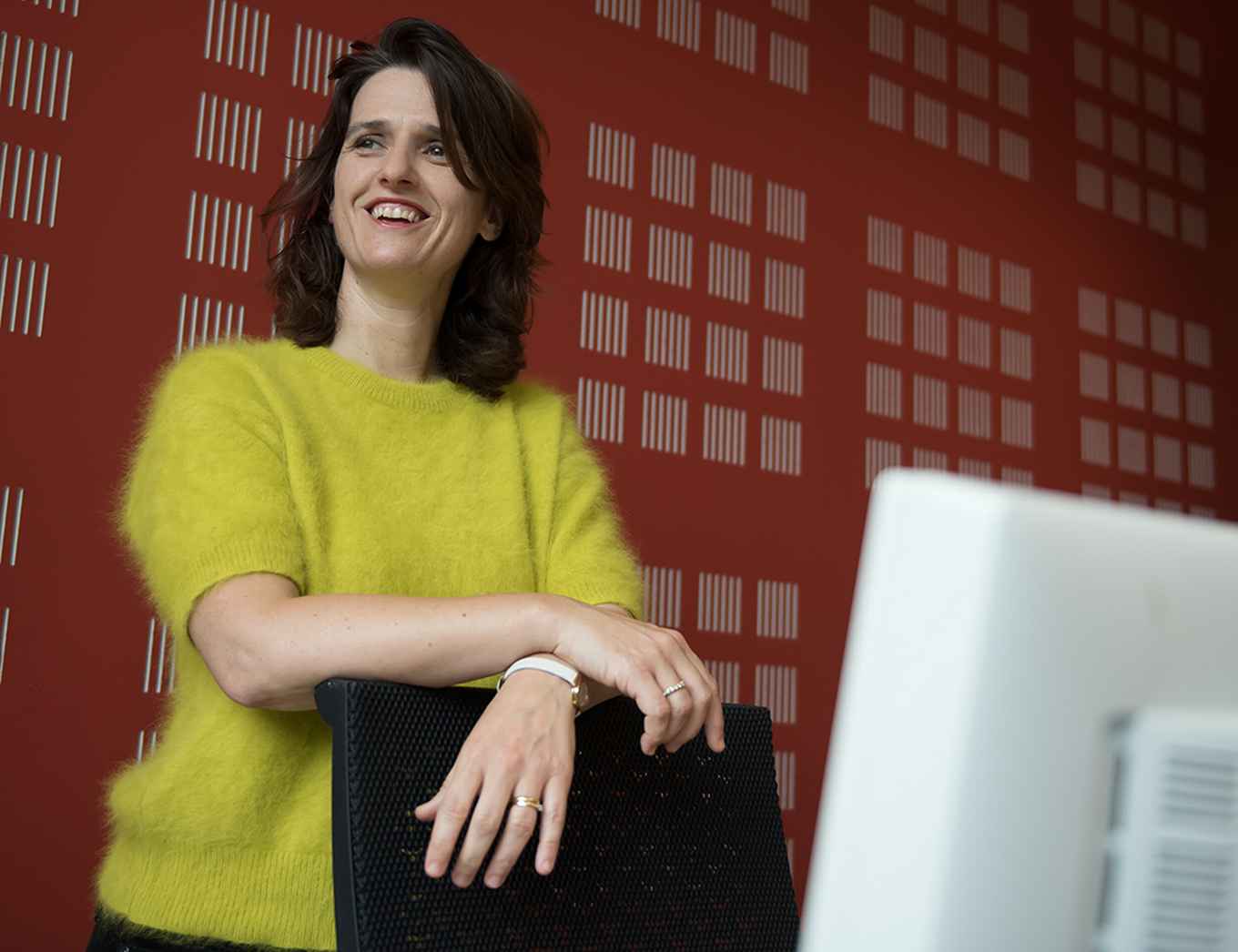Multiscale systems that make a difference
MultiScale Networked Systems (MNS) group
26 May 2020

Research
The MultiScale Networked Systems (MNS) group is part of the Informatics Institute at the University of Amsterdam. The group focusses its research on multiscale systems e.g. cloud systems or clusters that define themselves by their dynamic size and scale, and on the network connecting them. The MNS group explores the emerging architectures that can support emerging applications across the future internet.
The predominant question that the group tries to answer: How can these distributed systems work as efficiently as possible? And how do these systems need to evolve to satisfy the constantly new application requirements?
The group is uniquely positioned to answer these questions. The rich infrastructure and network connectivity at University of Amsterdam allow MNS to perform both theoretic work as well as implementation and validation in large settings. The Science Park is rich of fibers linking it to the rest of the world, eg SURFnet and GEANT PoPs. It also provides the group with a strong network of collaborators , eg SURFsara, NLNetLabs and the eScienceCenter.
Facts & Figures
An elaborate international scientific network gives the group a significant impact in The Netherlands and Europe. The group has a strong funding track record and received several EU Horizon2020 and NWO grants in recent years.
Partnerships & collaborations
ICT with Industry workshop. Dr. Grosso currently chairs the steering committee. This workshop challenges a group of around 50 researchers from IT and Computer Science from a wide range of universities to work together extensively during five days on challenging problems proposed by companies.
PROCESS. These projects looks at novel architectures and technologies that provide scientific, industrial and business applications with versatile computing environments suitable to handle Big Data applications.
The work of MNS is applicable in a diverse set of domains, from environmental science to health. Within the CLARIFY project the group works together with nine partners to link engineering and medicine. Based on cutting-edge technologies the project develops an automated digital diagnostic environment for pathology to reach better-informed medical decisions.
Future mission
The MNS group aims at making a difference in how systems of networks of the future will respond to new societal challenges and help to solve some of the pressing problems in our world, such as the energy transition and environmental problems. The tools, ideas and architecture that are built for distributed computing can be applied in these domains.
ENVRI-FAIR that focusses on software development for environmental research infrastructures on the ESFRI roadmap (European Roadmap for research infrastructures) and landmark programmes. This project seeks interoperable and reusable solutions in the various environmental science sub-domains of atmosphere, marine, solid earth and biodiversity.